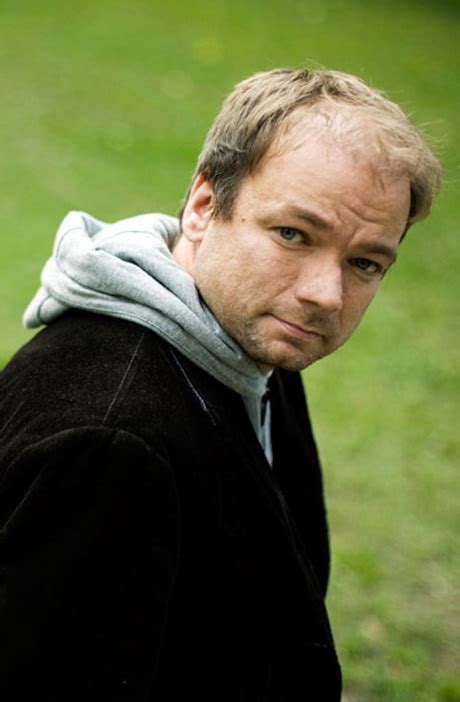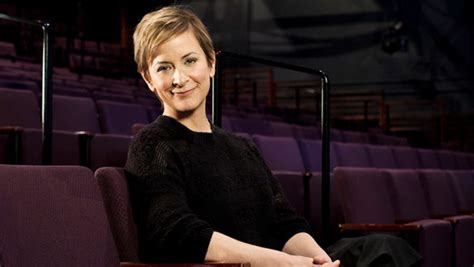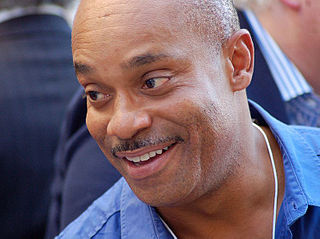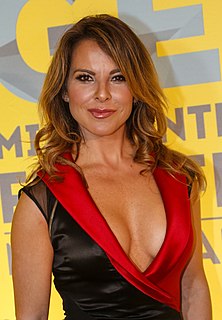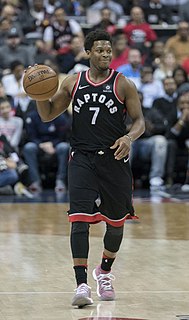A Quote by Andre Øvredal
I have to be strong about my own tastes because I think that's what the director's job is.
Related Quotes
A strong film director does leave you to your devices. A strong director allows you to be free and you trust that he's there and he will tell you if you've gone too far. A strong director allows you to be much more experimental and take greater chances than a director who isn't secure within himself.
In Hong Kong, in our generation that started out in the 1970s, being a director wasn't a big deal. We didn't even have director's chairs. We weren't particularly well paid. The social standing of a film director wasn't that high. It was a sort of a plebeian job, a second or third grade one. And the studio heads are always practical, there's never any fawning because someone is a director. There's very little snobbery about one's position as a director. The only ones people treated differently were those that were also stars; or the directors who also owned their companies.
The most important thing to me is that the president Donald Trump fired the FBI director James Comey all because of the Russia investigation. That first justification given, again, the White House misleading the country about a major action the administration was taking, but the fact that they had a private conversation in which the president, by his own admission, was discussing the future of Director Comey in that job, and the president brings up whether he is under investigation, highly unethical, at a minimum, unethical.
If we do change anything, we always talk about it beforehand. It's not really fair to throw things at the director on the day, unless it's a small note such as re-phrasing something. But if it's large, we always talk to the director. But we seldom do that out of respect for the writers because, for the most part, they do such a great job.
